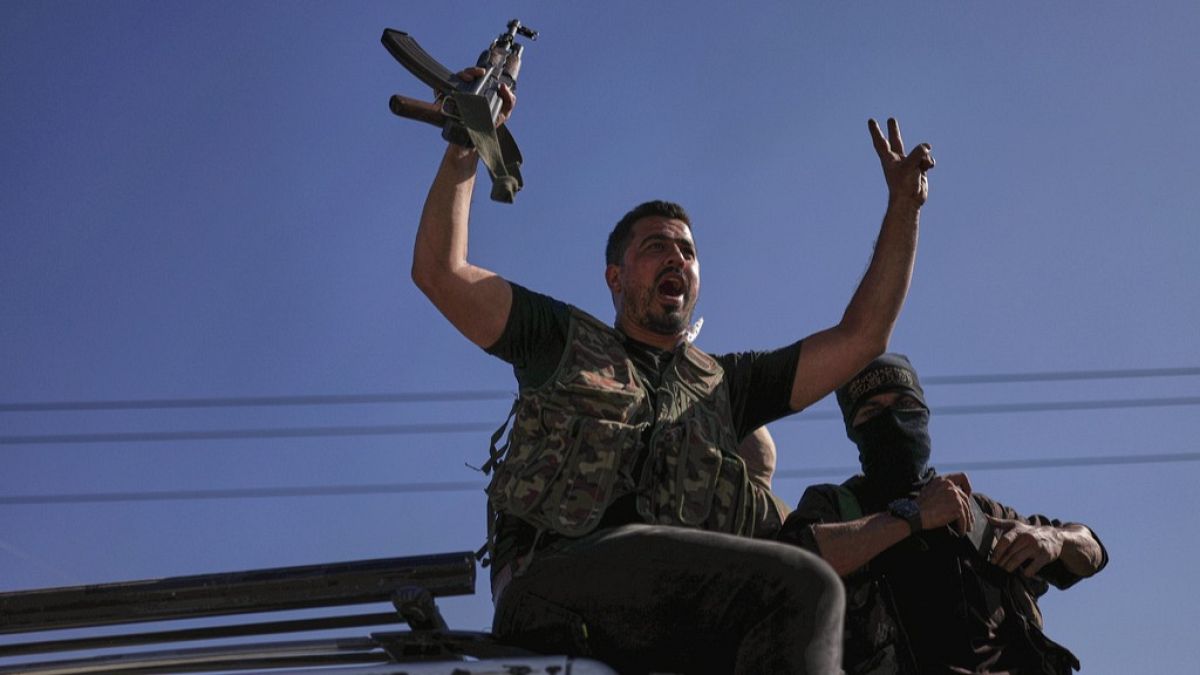

The global landscape is in constant flux, shaped by negotiations and innovations that pave the way for change and cooperation. Recent developments in international relations highlight significant strides towards peace and enhanced connectivity, reflecting a world that remains hopeful in the face of ongoing challenges.
In the Middle East, a long-awaited ceasefire agreement between Israel and Syria marks a crucial step towards stability. Recent clashes in the region, notably in Sweida, have resulted in the displacement of tens of thousands. The ceasefire is an outcome of determined efforts to alleviate a worsening humanitarian situation after years of conflict. This agreement arrives at a critical juncture, offering a glimmer of hope to communities caught in the crossfire. The focus now is on sustaining this truce, which could serve as a foundation for broader reconciliation and rebuilding efforts in a land long scarred by war. It presents an opportunity for diplomatic channels to bolster local support, addressing not only the immediate needs of displaced citizens but also providing a framework for peacebuilding and recovery initiatives.
Meanwhile, in Europe, the island of Cyprus continues its journey towards resolution and unity. The recent negotiations involving five parties, under the mediation of the United Nations, concluded without a definitive resolution. However, the discussions set the stage for continued dialogue, with plans for further mediation slated for September. The enduring Cyprus issue, rooted in historic divisions, requires a delicate and patient approach. The international community remains committed to fostering understanding and cooperation, with optimism that ongoing efforts will eventually lead to lasting unification. These talks remain a critical component for regional stability, and the promise of future discussions underlines a shared commitment to peace.
In the realm of transport and connectivity, a new treaty between the United Kingdom and Germany heralds the introduction of direct rail services between London and Berlin. This development represents more than just an addition to travel options; it signifies a shift towards more sustainable and environmentally friendly modes of transportation. The planned rail route serves as a faster and greener alternative to air travel, reflecting a broader commitment to reducing carbon footprints across Europe. This initiative is a testament to the benefits of international collaboration in addressing climate change and enhancing accessibility. The London-to-Berlin rail service is set to become a symbol of efficient, cross-border cooperation that could inspire similar projects worldwide, providing a concrete example of how nations can work together to create tangible benefits for their people and the planet.
These developments, while distinct in nature, share a common thread of cooperation and progress. The ceasefire in the Middle East, the continued pursuit of peace in Cyprus, and the push towards sustainable travel options in Europe all underscore the potential of dialogue and collaboration in effecting positive change. Each story is a reminder of the resilience inherent in human endeavors to overcome adversity and conflict.
Despite the challenges each situation presents, the global community continues to demonstrate a commitment to diplomacy and innovation. The power of negotiation and partnership serves as a beacon, guiding efforts to address complex issues with patience and determination. As history unfolds, these narratives of perseverance and cooperation offer valuable lessons in the art of finding common ground and advancing towards a more peaceful, connected, and sustainable world.
Source: {link}
